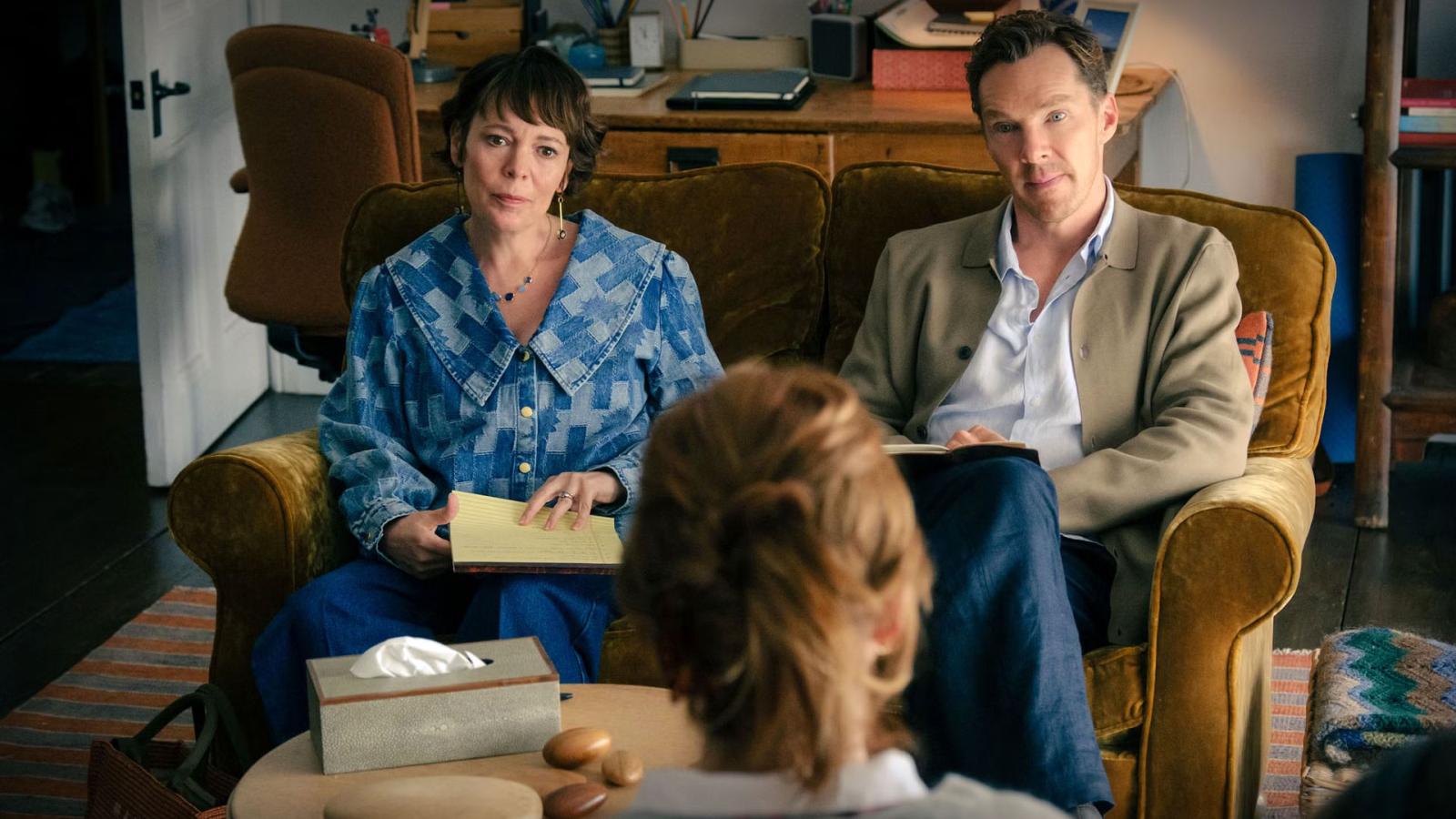Director Breaks Silence On The Roses Ending — What Really Happens To Ivy And Theo

His answer might not be what viewers wanted to hear.
The Roses ends with a literal bang and a fade to white, and yes, the movie absolutely wants you arguing on the way out about whether Ivy and Theo made it. Director Jay Roach is fine with that. Actually, he planned it.
So... do they die?
Roach says the ending is meant to be ambiguous, but he also knows what it looks like. After a brutal fight, Ivy and Theo finally call a truce in their bedroom. Then the gas that has been leaking from their banged-up Julia Child stove catches, and the whole thing goes up. The screen washes out to white. It is an ending that practically winks at you while refusing to answer the question.
- They reconcile in the bedroom after a violent blowup.
- Gas from the damaged Julia Child stove has been leaking.
- An ignition sets off an explosion.
- Everything fades to white, leaving their fate unresolved.
Roach told Entertainment Weekly he likes that there is room for debate. The fade-out is there by design, even if the sequence strongly nudges you toward the darkest read. Also, that very specific Julia Child stove detail is one of those inside-baseball prop choices that ends up mattering way more than you expect.
What about the kids?
Roach is not worried. The couple's children are off at a private athletic school in Miami and, earlier in the film, they seemed relieved at the idea of their parents splitting. Translation: they have already detached from the trench warfare at home. Screenwriter Tony McNamara went a step further and said that if the worst happened, there is a hefty insurance policy in play, so the kids would be more than taken care of. Between the distance, the relief, and the money, the creative team thinks they would cope.
If they lived, then what?

Olivia Colman and Benedict Cumberbatch, who play Ivy and Theo, both basically said the reconciliation arrives way past its sell-by date. Cumberbatch pointed out that if these two somehow survived, they would need serious guardrails: real therapy, honest accountability, the whole thing. Colman tossed in a lighter fix, joking that maybe they get a dog as a shared responsibility check.
Why leave it unresolved?
The team behind the movie is on the same page: the devastation lands harder because you do not get clean answers. Roach wants the argument to continue after the credits, specifically about whether that last-minute peace would have stuck if they had another shot. He frames the whole film as a cautionary tale about realizing what matters exactly when it is almost, or actually, too late.
"You always know what you needed to know after you needed to know it."
Whether you read that final whiteout as merciful ambiguity or a polite confirmation of the worst, the ending does exactly what it is supposed to do: it leaves you stewing over the cost of waiting until the house is already on fire to finally make things right.